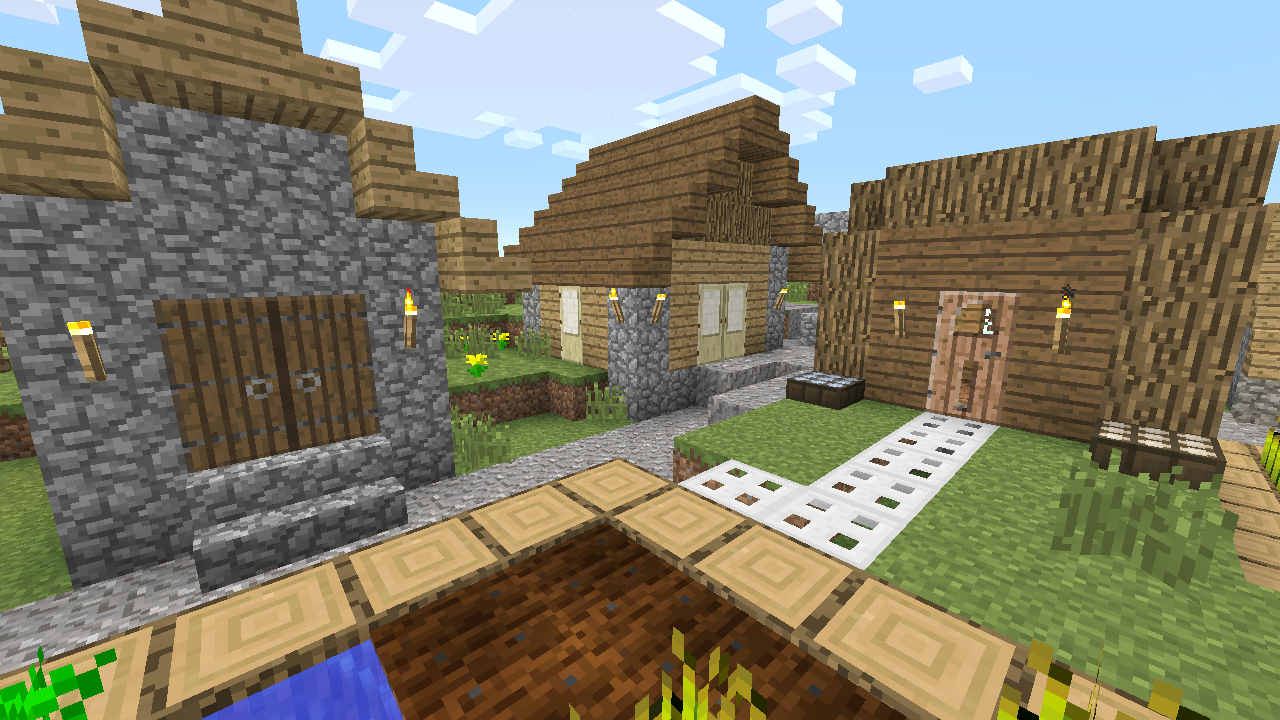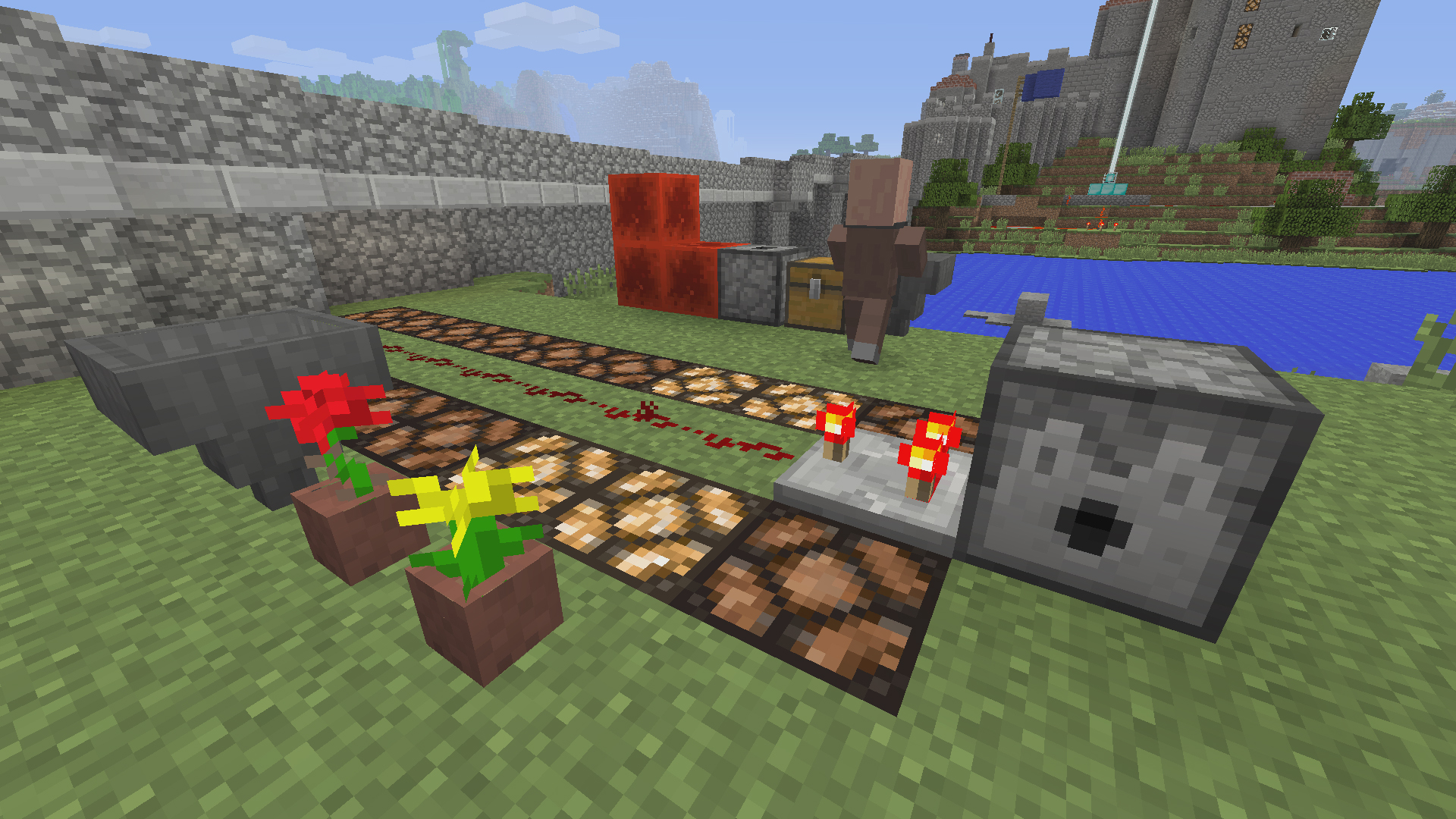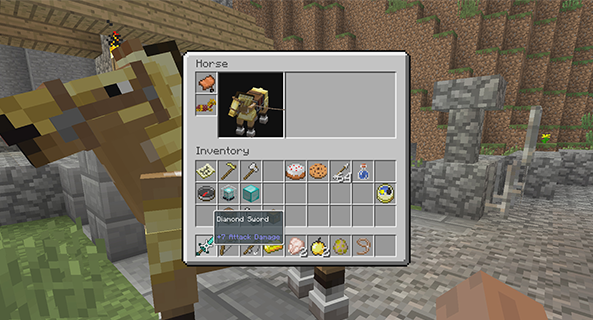Microsoft want to use Minecraft in our classrooms to give STEM subjects a boost
Computer giants Microsoft are hoping to inspire the next generation of STEM professionals by implementing their popular Minecraft series in classrooms.
The game is notable for having no specific goal for players to achieve – giving them freedom to play, build and create as they please. Created by Swedish programmer Markus Persson and published by independent games developer Mojang in 2011, Minecraft went from modest beginnings to being bought by Microsoft as part of a $2.5bn deal.
The game has inspired spin-offs, merchandise and dedicated conventions, and is a popular culture phenomenon.
Microsoft believes that this innovative game is perfectly suited to help inspire a love of STEM subjects in students.
Anthony Salcito, vice president of worldwide education at Microsoft, explained: “Innovative educators are seeking resources that can spark this curiosity and imagination, drive discovery and creation, and foster sharing and collaboration.

“Thanks to passionate students and visionary educators around the world we are finding Minecraft to be one of these resources in classrooms. In response to the excitement from educators I’m excited to introduce our new Minecraft destination designed to provide educators with a forum to share their ideas and receive inspiration.”
Salcito offered a few examples where schools had acted of their own accord and moved to implement Minecraft in classrooms to help improve students’ understanding and appreciation of STEM subjects.

“Elementary students in Seattle are learning foundational math skills by calculating perimeter, area and volume in Minecraft during a Saturday math program. Alfriston College students in New Zealand are partnering with Auckland War Memorial Museum to learn the history of the New Zealand people who served in the 1915 Gallipoli campaign by re-creating the landscape in Minecraft, block by block.
“Middle schoolers are learning the building blocks of computer science in an online Minecraft coding camp. Elementary students in Scotland are learning about city planning and engineering by reimaging, redesigning and then building in Minecraft what they think Dundee waterfront should look like.”
There are now companies dedicated to creating computer games for the classroom which will entertain and educate the students in equal measure. Kara Loo, COO of Pixelberry Studios, offered these seven reasons why classrooms could benefit from the implementation of video games.


